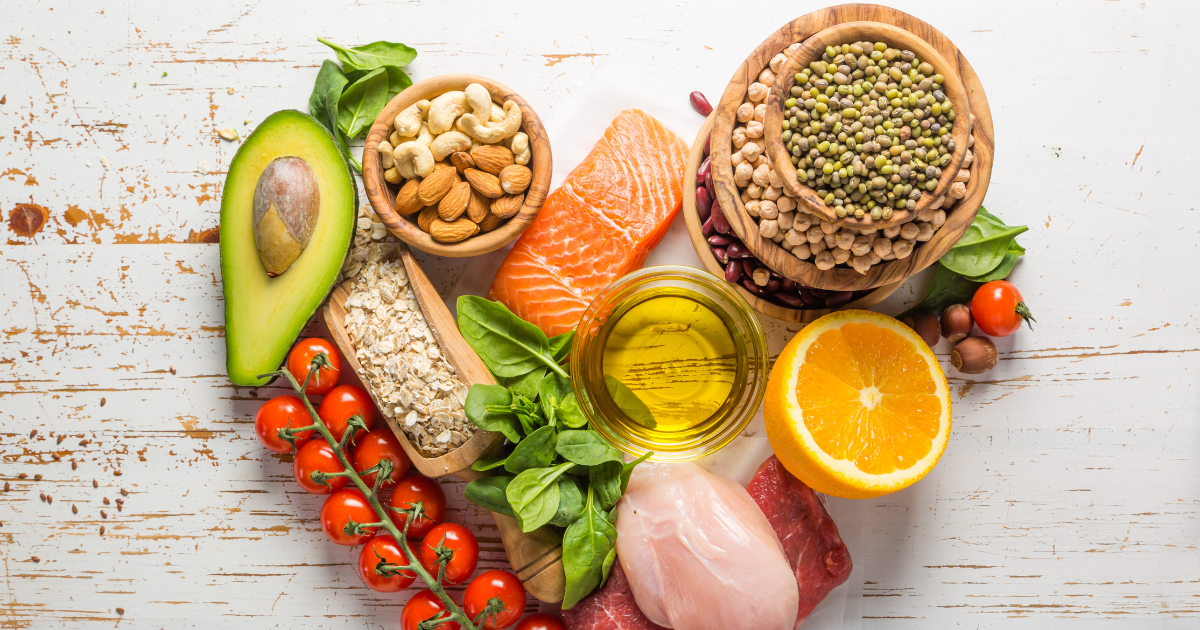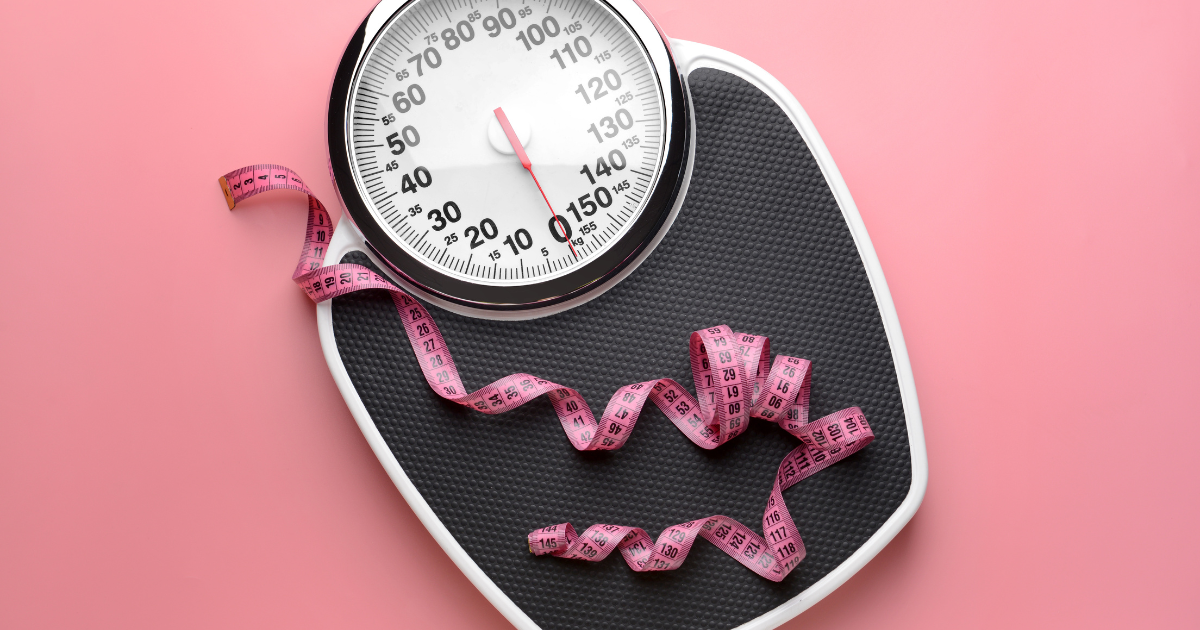Harmful Oils and Their Impact on Weight Loss
Achieving sustainable weight loss isn’t just about cutting calories—it’s about making informed choices about the foods and ingredients you consume. One often-overlooked factor in weight gain and overall health decline is the widespread use of highly processed oils. At Function First, we focus on a natural, whole-food-based approach to weight loss, which includes eliminating harmful oils from your diet.
For those searching for the best weight loss plan in Indiana or the best diet plan in Indiana, it's essential to understand the role of processed oils in metabolism and fat storage. By making smart choices about dietary fats, you can optimize your body's ability to burn fat efficiently and improve overall health.
Why Certain Oils Are Problematic
Many modern diets are flooded with oils that have been stripped of their natural nutrients and heavily processed. These oils are commonly used in packaged foods, fast foods, and restaurant meals. While fats are essential for good health, not all fats are created equal. Some, particularly those extracted through chemical processes, contribute to chronic inflammation, poor metabolic function, and an imbalance in essential fatty acids.
Oils to Be Wary Of
Several oils dominate the processed food industry, often chosen for their affordability and long shelf life rather than their health benefits. These include:
- Canola
- Corn
- Cottonseed
- Grapeseed
- Soybean
- Sunflower
- Safflower
- Rice bran
These oils are often subjected to bleaching, deodorizing, and high-heat processing, stripping them of beneficial nutrients and potentially introducing harmful compounds. Consuming these oils regularly may lead to inflammation, insulin resistance, and difficulty losing weight.
Health Consequences of Excessive Consumption
Over-reliance on these oils can disrupt the body's natural balance and contribute to numerous health concerns, such as:
- Increased inflammation – A key driver of chronic diseases, inflammation can also make it harder to lose weight.
- Imbalanced fatty acids – A diet heavy in these oils can throw off the body's natural ratio of omega-6 to omega-3 fats, which is vital for reducing inflammation and supporting metabolic health.
- Blood sugar instability – Some studies suggest that an overabundance of processed fats can interfere with insulin sensitivity, making weight loss more difficult.
- Fat accumulation – Poor-quality oils may contribute to metabolic dysfunction, making the body store fat more readily instead of using it for energy.
- Liver strain – Processed oils can overload the liver, which plays a crucial role in detoxification and fat metabolism.
The Shift in Dietary Trends
Over the years, consumption of these oils has skyrocketed, largely replacing traditional, more stable fats like butter, coconut oil, and animal-based fats. This shift has coincided with increased rates of obesity, cardiovascular disease, and metabolic disorders, suggesting that not all fats are beneficial for long-term health.
Historically, diets rich in natural fats such as tallow, lard, and butter provided the body with essential nutrients without the adverse effects of highly processed oils. However, as food production scaled up, these natural fats were replaced with vegetable-based oils to reduce costs and extend shelf life. The unintended consequence has been a drastic rise in chronic illnesses that are closely tied to diet and lifestyle.
A Smarter Approach to Weight Loss
At Function First, our weight loss program prioritizes whole, nutrient-dense foods while cutting out processed ingredients that may hinder progress. Eliminating unhealthy oils is a critical step toward restoring metabolic balance and reducing inflammation. Our all-natural 40-day weight loss program is designed to support sustainable fat loss without extreme dieting or medication.
How Unhealthy Oils Contribute to Weight Gain
Understanding how these oils interact with your body is key to achieving your health goals. Here are some ways harmful oils directly impact weight loss:
- They disrupt hormone function. Fats play a crucial role in hormone production, but when the wrong types of fats dominate your diet, they can interfere with signals that regulate hunger and metabolism.
- They contribute to cravings. Processed foods containing seed oils are often engineered to be hyper-palatable, meaning they trigger cravings and make it difficult to eat in moderation.
- They impair digestion. Unlike natural fats, industrial seed oils are harder for the body to digest and metabolize efficiently, leading to bloating, sluggish digestion, and an increased likelihood of fat storage.
- They alter gut microbiome health. Research suggests that poor-quality fats can negatively impact gut bacteria, which plays a major role in weight regulation and overall wellness.
How to Reduce Harmful Oils in Your Diet
Making changes to your diet doesn’t have to be overwhelming. Here are some practical steps you can take to cut out harmful oils and transition to healthier fats:
- Check food labels – Avoid packaged goods containing processed vegetable oils. Look for alternatives that use olive oil, avocado oil, or coconut oil instead.
- Cook at home – When preparing meals yourself, you control the ingredients. This reduces the risk of consuming hidden oils used in restaurant cooking.
- Choose healthier cooking oils – Use natural fats such as extra virgin olive oil, ghee, coconut oil, and tallow for cooking instead of refined vegetable oils.
- Increase your intake of omega-3s – Fatty fish, walnuts, flaxseeds, and chia seeds are excellent sources of omega-3 fatty acids, which help balance omega-6 intake.
- Opt for whole, unprocessed foods – Many processed foods contain a combination of bad oils, preservatives, and artificial ingredients that can derail your weight loss goals.
- Limit restaurant and fast food meals – Many commercial kitchens rely on cheap oils to keep costs down, which can add excessive omega-6 fats to your diet without you realizing it.
- Prioritize organic and grass-fed sources – When possible, choose grass-fed meats and organic dairy products, which contain healthier fat profiles.
The Role of Good Fats in Weight Loss
Fats are essential for overall health and play a significant role in weight loss when consumed correctly. Instead of fearing fats, it's important to choose the right ones that fuel your body, support brain health, and stabilize blood sugar levels. Here are some benefits of incorporating healthy fats into your diet:
- Increased satiety – Healthy fats keep you fuller for longer, reducing overall calorie intake.
- Better nutrient absorption – Many vitamins, such as A, D, E, and K, are fat-soluble and require dietary fats for proper absorption.
- Improved brain function – Healthy fats support cognitive function and help prevent neurodegenerative diseases.
- More stable energy levels – Unlike processed carbohydrates, which cause energy crashes, fats provide a steady source of fuel for the body.
- Supports healthy cholesterol levels – Contrary to outdated beliefs, good fats can help balance HDL and LDL cholesterol for heart health.
Ready for a Change?
If you’re looking for a natural, effective approach to weight loss that goes beyond calorie counting, Function First is here to help. Our personalized program helps you eliminate harmful ingredients, reset your metabolism, and achieve long-lasting results.
At Function First, we understand that true health starts with real food choices. Our weight loss plan in Indiana is scientifically designed to help you burn fat, reduce inflammation, and regain control over your health.
Take the first step toward a healthier future—reach out today to learn more about our 40-day weight loss program!














